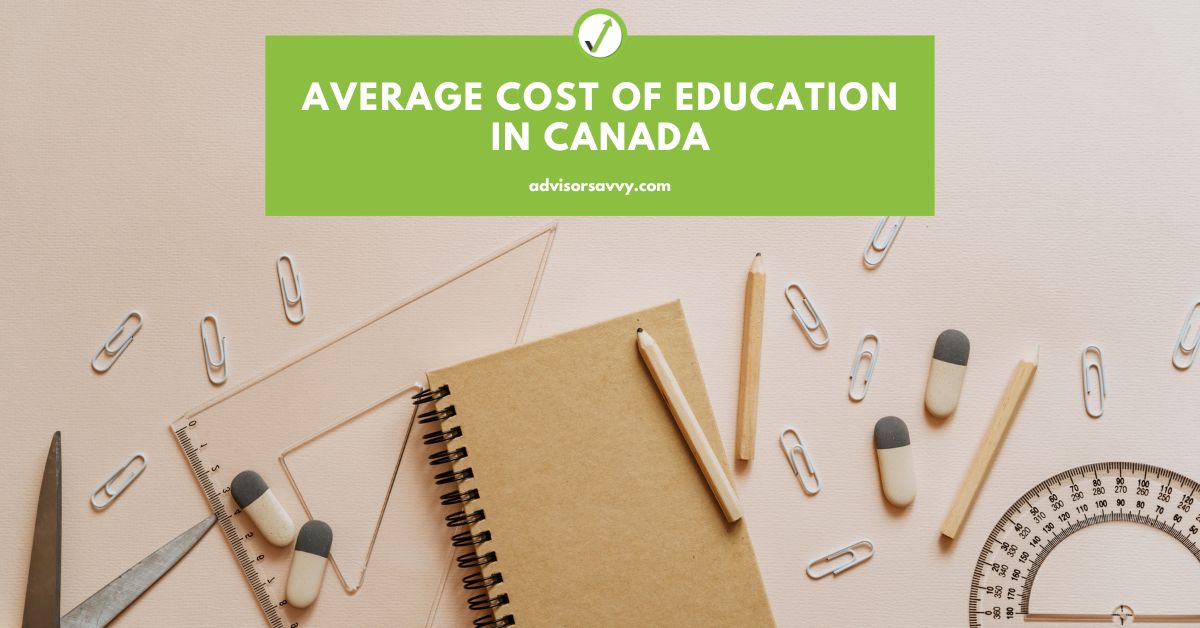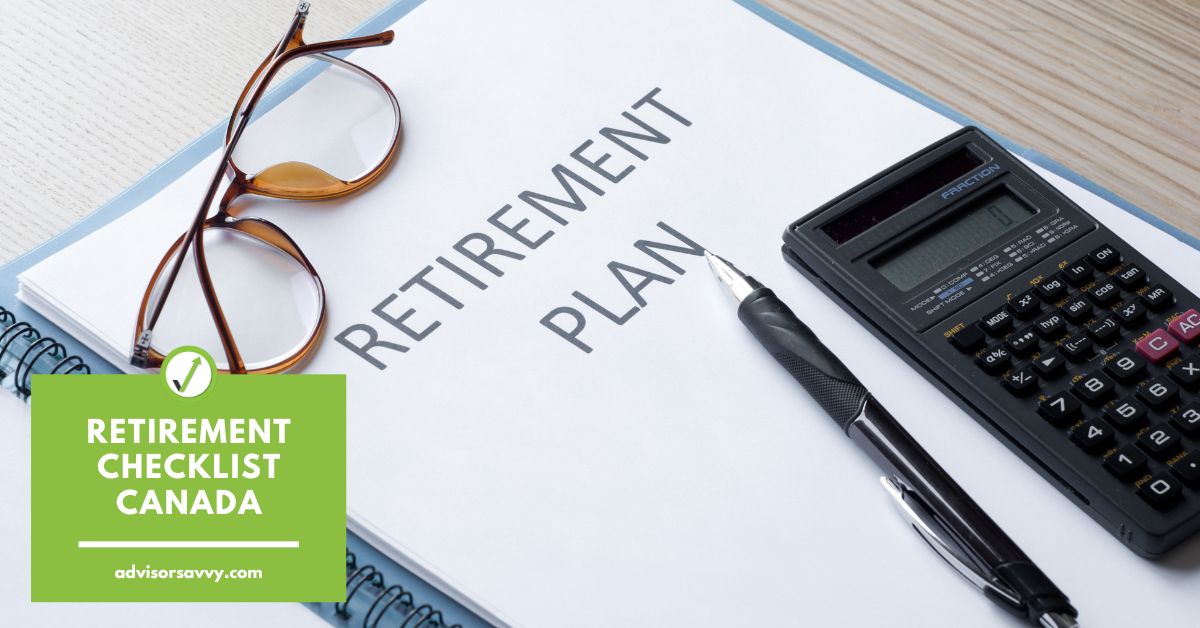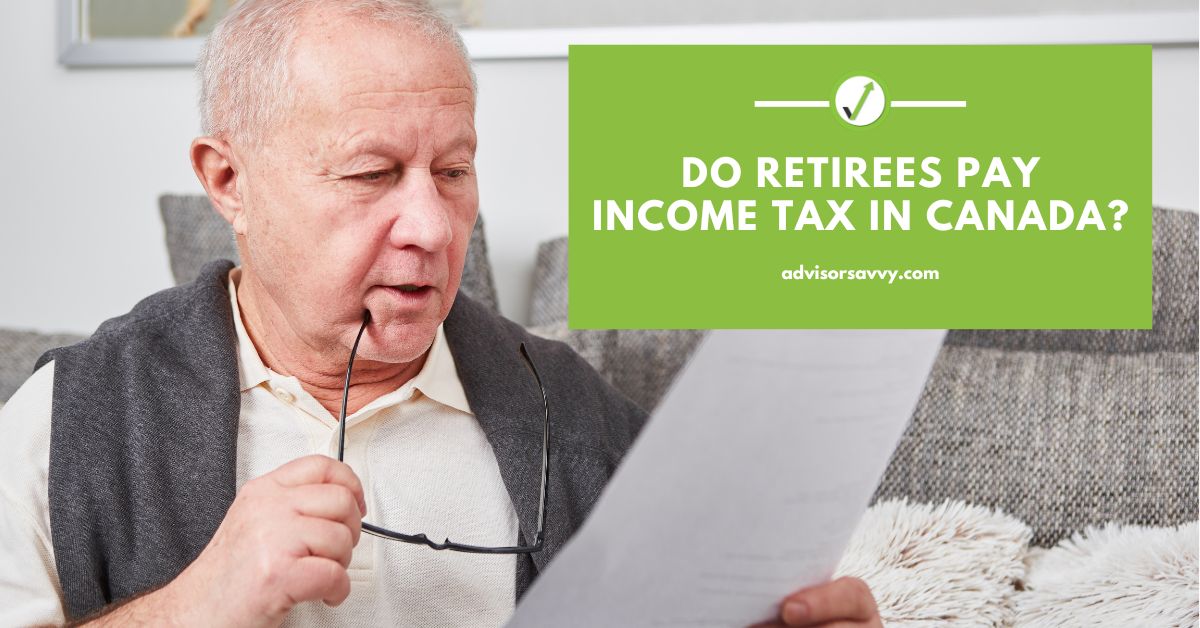What is a power of sale clause in a mortgage?
A power of sale clause in a mortgage allows the lender to sell the property. Typically, it is used when a borrower defaults on a mortgage for multiple months. This can be done without court intervention. A mortgage agreement would outline the timeframes and conditions of the power of sale clause. It is designed to protect the lender’s interests in case of non-payment. In this article, we’ll answer the question, what is a power of sale clause in a mortgage? Keep reading to learn more! Once triggered by default, the lender can initiate the power of sale. To sell the property and recover the outstanding loan amount. A power of sale clause allows for a quicker and less expensive process for lenders. Unlike foreclosure, it does not require court intervention. However, the specific procedures for the power of sales vary by province and mortgage agreements. Borrowers should carefully review their mortgage agreements. Further, they should seek legal advice, if needed.
Continue reading



















